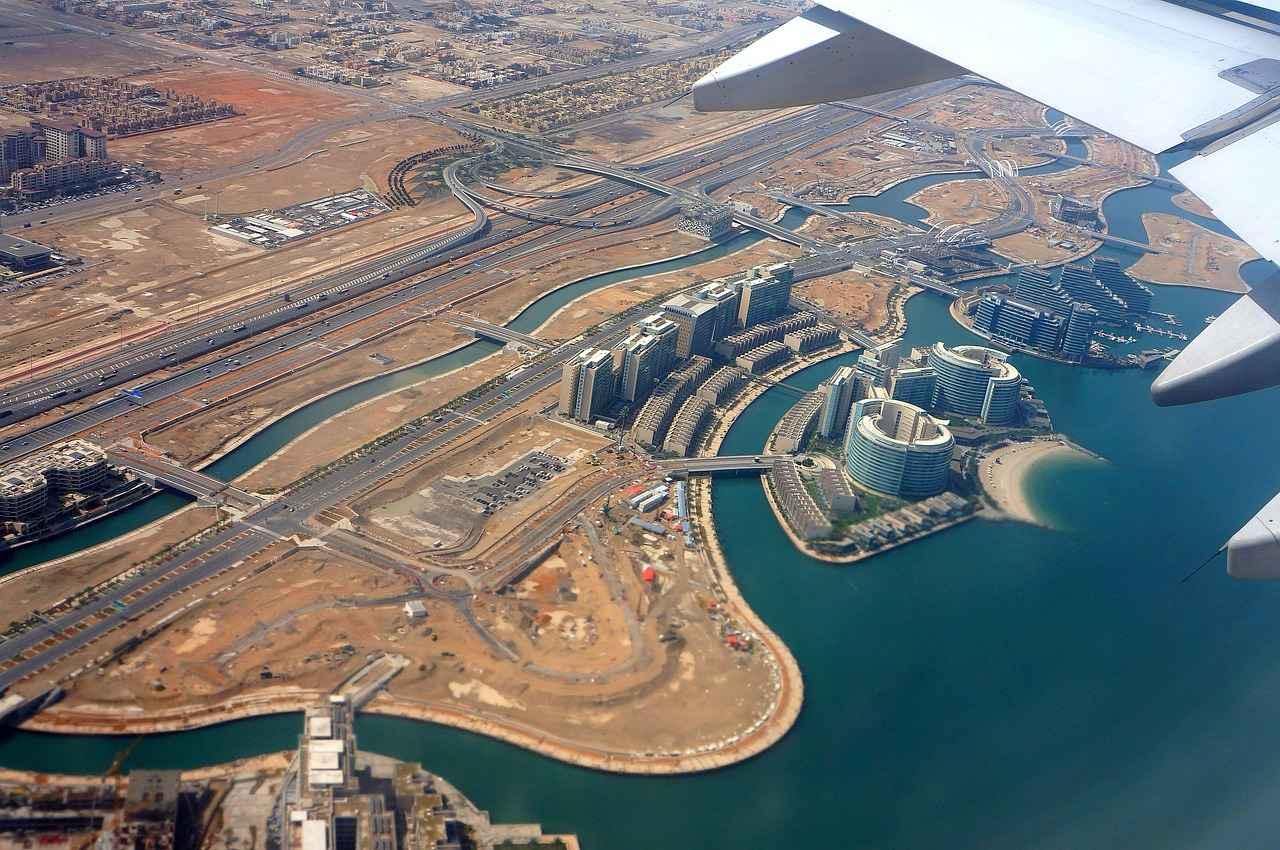This article delves into the intricate backstory of Dabi, a pivotal character from My Hero Academia, uncovering his profound connections to the Todoroki family. Through this exploration, we reveal shocking truths that shape his motivations and actions within the series.
Understanding Dabi’s Character
Dabi, originally known as Touya Todoroki, is a multifaceted character whose motivations are deeply rooted in the complexities of the Todoroki family dynamics. His transformation from a hopeful child to a formidable antagonist is a testament to the impact of familial relationships on personal identity.
The Todoroki Family Dynamics
The Todoroki family is central to Dabi’s narrative, showcasing a blend of heroism and trauma that profoundly affects each member, especially Endeavor and his children. The family’s legacy is marked by both extraordinary powers and emotional scars.
- Touya’s Childhood and Aspirations: Touya’s early life was filled with pressure, driven by his father’s ambitions, ultimately leading him to adopt the persona of Dabi as a means of rebellion.
- The Burden of Expectations: Growing up in a family of powerful heroes, Touya faced immense expectations, which contributed to feelings of inadequacy.
- Turning Point: The Fire Incident: The tragic fire incident that led to Touya’s presumed death was a pivotal moment that defined his identity as Dabi.
Connection to Other Todoroki Siblings
Dabi’s relationship with his siblings, particularly Shoto, is fraught with tension, highlighting themes of conflict and the quest for redemption. This dynamic serves as a catalyst for Shoto’s growth and self-discovery.
Dabi’s Role in My Hero Academia
As a significant antagonist, Dabi’s motivations and actions are crucial to the storyline, revealing darker aspects of heroism and the impact of familial relationships on personal identity. His presence in Shoto’s life forces Shoto to confront their family’s troubled past.
Thematic Elements of Dabi’s Story
Dabi’s narrative intertwines themes of trauma, identity, and redemption, offering profound commentary on the effects of familial expectations and the quest for self-acceptance.
- Trauma and Its Consequences: Dabi’s transformation reflects how trauma shapes individuals, showcasing the psychological toll of familial pressure.
- The Search for Identity: Dabi’s journey emphasizes the struggle for identity amidst chaos, illustrating how personal experiences influence one’s path.
Conclusion: The Legacy of Dabi and the Todoroki Family
Dabi’s connection to the Todoroki family is a compelling narrative thread in My Hero Academia, exploring the complexities of family, identity, and the consequences of choices made in the pursuit of power. The intricate dynamics of the Todoroki family serve as a poignant reminder of the lasting impact of one’s past.
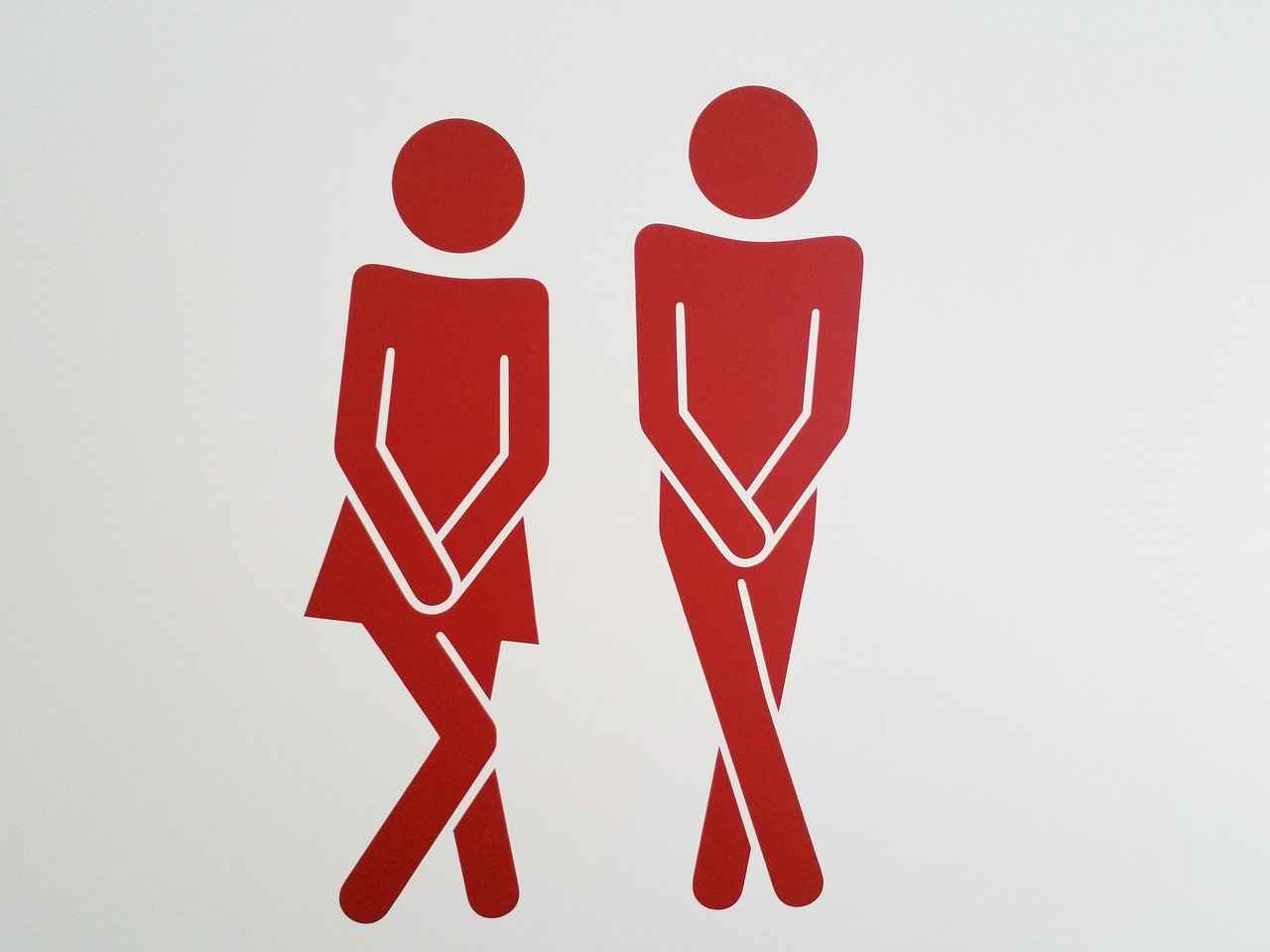
Understanding Dabi’s Character
The Truth About Dabi’s Past and His Connection to the Todoroki Family
This article explores the intricate backstory of Dabi, a character from My Hero Academia, and his deep ties with the Todoroki family, revealing shocking truths and connections.
Dabi, originally known as Touya Todoroki, is a multifaceted character whose motivations and history are intricately linked to the dynamics of the Todoroki family. His evolution from a promising young hero to a notorious villain reflects the profound impact of familial relationships and personal trauma.
The Todoroki Family Dynamics
The Todoroki family is at the heart of Dabi’s narrative, illustrating a complex interplay of heroism and trauma. Endeavor, Dabi’s father, embodies the pressures of heroism, which profoundly affect his children. This environment fosters deep-seated issues, particularly for Touya, who struggles under the weight of his father’s expectations.
Touya’s Childhood and Aspirations
Touya’s early years were marked by relentless pressure to excel, driven by Endeavor’s ambitions. This pressure ultimately catalyzed his transformation into Dabi, as he sought revenge against the very ideals that suffocated him. The tragic fire incident that led to his presumed death was not just a turning point; it was a pivotal moment that solidified his identity as Dabi.
The Burden of Expectations
Growing up in a family of esteemed heroes, Touya faced overwhelming expectations that contributed to his feelings of inadequacy. His eventual rebellion against his family’s ideals highlights the psychological toll these pressures can inflict on an individual.
Connection to Other Todoroki Siblings
Dabi’s relationship with his siblings, especially Shoto, is fraught with tension. This dynamic reflects broader themes of family conflict and the quest for redemption within the series. As Dabi confronts his siblings, he forces them to grapple with their own identities and the legacy of their family.
Dabi’s Role in My Hero Academia
As a significant antagonist, Dabi plays a crucial role in the overarching storyline of My Hero Academia. His motivations and actions reveal the darker aspects of heroism and the impact of familial relationships on personal identity.
His Impact on Shoto Todoroki
Dabi’s presence in Shoto’s life serves as a catalyst for growth, compelling Shoto to confront his family’s tumultuous past and his own identity as a hero.
Foreshadowing Future Conflicts
Dabi’s ongoing storyline hints at larger conflicts within My Hero Academia, particularly regarding the Todoroki family’s complicated legacy in the world of heroes and villains.
Thematic Elements of Dabi’s Story
Dabi’s narrative intertwines themes of trauma, identity, and redemption, offering a profound commentary on the effects of familial expectations and the quest for self-acceptance.
Trauma and Its Consequences
Dabi’s transformation from Touya to a villain poignantly reflects how trauma can shape an individual. His story highlights the psychological toll of familial pressure and societal expectations.
The Search for Identity
Dabi’s journey emphasizes the struggle for identity amidst chaos, showcasing how personal experiences and family history can influence one’s path, whether toward heroism or villainy.
Conclusion: The Legacy of Dabi and the Todoroki Family
Dabi’s connection to the Todoroki family is a compelling narrative thread in My Hero Academia, exploring the complexities of family, identity, and the consequences of choices made in the pursuit of power.
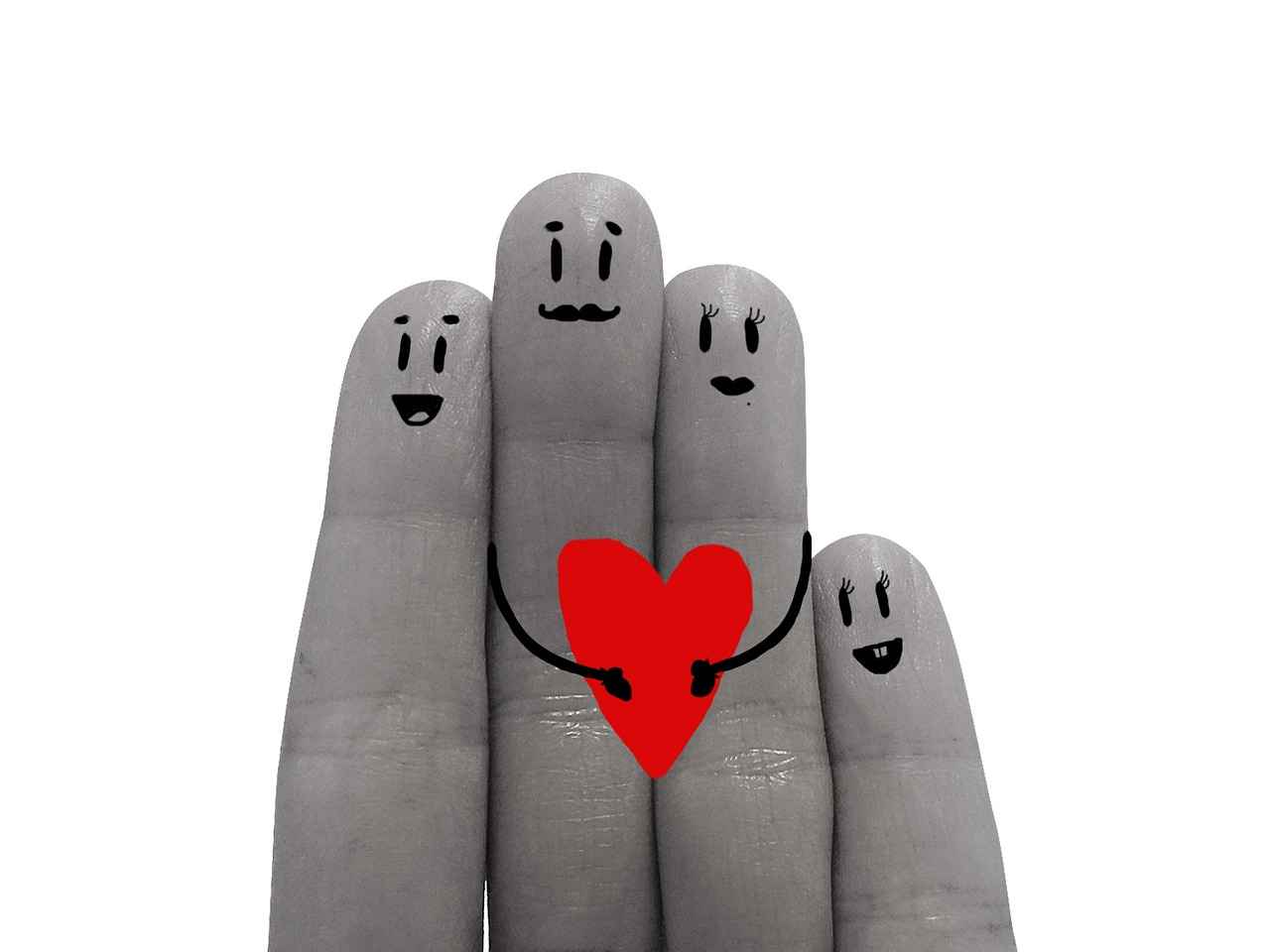
The Todoroki Family Dynamics
play a pivotal role in understanding the character of Dabi, a central figure in My Hero Academia. This family’s narrative encapsulates a mix of heroism and trauma, profoundly influencing the identities of its members, especially Endeavor and his children.
The Todoroki family is emblematic of the struggle between expectation and self-identity. Endeavor, as the patriarch, instilled a relentless drive for success in his children, particularly in Touya, who later becomes Dabi. This pressure often manifested in feelings of inadequacy and rebellion, leading to a tragic trajectory that defines Dabi’s character.
In the context of the Todoroki family, the dynamics are characterized by:
- High Expectations: Each child was expected to surpass their father’s legacy, creating an environment ripe for conflict.
- Sibling Rivalry: The relationships among the Todoroki siblings, especially between Dabi and Shoto, are fraught with tension, reflecting their individual struggles and the burden of their father’s ambitions.
- Trauma and Loss: The family has endured significant trauma, including the presumed death of Touya, which profoundly affected their dynamics and shaped their identities.
The tragic incident that led to Touya’s transformation into Dabi serves as a critical turning point. This event not only altered his path but also impacted his siblings, particularly Shoto, who must navigate the complexities of their shared history while forging his own identity as a hero.
As Dabi’s story unfolds, it highlights the ongoing conflicts within the Todoroki family, showcasing how their intertwined fates address larger themes of redemption and self-acceptance. Ultimately, the Todoroki family dynamics serve as a powerful lens through which to explore the intricacies of family bonds, identity, and the consequences of unrealistic expectations.
In conclusion, the Todoroki family is not just a backdrop for Dabi’s story but a crucial element that enriches the narrative of My Hero Academia. Their journey reflects the complexities of familial relationships and the profound impact of shared trauma, making their story both relatable and compelling.
Touya’s Childhood and Aspirations
Touya Todoroki, the character who later becomes known as Dabi, has a childhood that is intricately woven with themes of ambition, pressure, and familial expectations. Growing up in the shadow of his father, Endeavor, who is renowned as the number one hero, Touya faced immense pressure to excel and uphold the family legacy.
The weight of expectation was not merely a background theme in Touya’s life; it was a constant, suffocating presence. His father’s relentless pursuit of power and recognition created an environment where failure was not an option. This intense atmosphere led to feelings of inadequacy in Touya, who struggled to meet the lofty standards set before him. As he sought to prove himself, his aspirations became increasingly twisted, pushing him down a dark path.
Despite his struggles, Touya was gifted with remarkable abilities, particularly his fire manipulation. Initially, he dreamt of becoming a hero like his father, but as the years went by, his vision became tainted by resentment and despair. The burden of expectations transformed his dreams into obsessions, ultimately leading to his transformation into Dabi, a character driven by revenge rather than heroism.
As Touya’s childhood progressed, he experienced a pivotal moment that would change his life forever: the tragic fire incident. This incident not only marked the end of his childhood innocence but also signified the beginning of his identity crisis. The fire, which was a result of his training gone wrong, led to his presumed death and allowed him to reinvent himself as Dabi, a villain with a vendetta against his father.
Dabi’s story serves as a cautionary tale about the dangers of familial pressure and the quest for personal identity. His early life, filled with unfulfilled aspirations and emotional turmoil, ultimately shaped his path as an antagonist in the My Hero Academia series. Understanding Touya’s childhood is crucial to grasping the complexity of his character and the motivations behind his actions as Dabi.
The Burden of Expectations
is a profound theme that resonates deeply within the narrative of My Hero Academia, particularly in the story of Touya Todoroki, known as Dabi. Growing up in a family of powerful heroes, Touya faced overwhelming expectations that shaped his identity and fueled his internal struggles.
From a young age, Touya was constantly compared to his father, Endeavor, and his siblings, who were all celebrated for their extraordinary abilities. This relentless pressure created an environment where Touya felt he could never measure up to the heroic standards set by his family. As he grappled with feelings of inadequacy, he began to rebel against the ideals that his family embodied.
In the Todoroki household, the pursuit of strength and recognition was paramount. Touya’s aspirations to become a hero were overshadowed by his father’s ambitions, leading him to question his own worth and identity. The lack of emotional support from his family exacerbated his feelings of isolation, pushing him further away from the path of heroism and towards a darker fate.
As Touya’s struggles intensified, he became increasingly disillusioned with the concept of heroism. The fire incident that resulted in his presumed death marked a turning point, solidifying his transformation into Dabi. This tragic event not only severed his ties with his family but also ignited a fierce desire for revenge against Endeavor, whom he blamed for his suffering.
Ultimately, the burden of expectations placed upon Touya serves as a cautionary tale about the dangers of imposing unrealistic standards on individuals. It illustrates how the quest for validation can lead to profound psychological distress and a rejection of one’s true self. Dabi’s story is a poignant reminder of the importance of understanding and supporting one another, especially within the confines of family.
In conclusion, the weight of familial expectations shaped Dabi’s identity and choices, reflecting broader themes of trauma and personal struggle within My Hero Academia. His journey underscores the need for acceptance and understanding in a world that often prioritizes power over emotional well-being.
Turning Point: The Fire Incident
The tragic fire incident that led to Touya Todoroki’s presumed death stands as a monumental turning point in his life, irrevocably altering his path and shaping his identity as Dabi. This catastrophic event not only marked the end of Touya’s childhood aspirations but also ignited a deep-seated desire for vengeance against his father, Endeavor.
Before the fire, Touya was a bright and ambitious young boy, striving to become a hero like his father. However, the immense pressure he faced from Endeavor’s relentless expectations created a suffocating atmosphere that led to feelings of inadequacy. The fire incident, which occurred during one of his training sessions, was not merely a tragic accident; it was a culmination of years of emotional turmoil and neglect.
The fire itself was a result of Touya’s own Quirk, which he struggled to control. In a moment of despair and frustration, he pushed himself beyond his limits, leading to a catastrophic blaze that left him presumed dead. This incident became a pivotal moment, marking his transformation from Touya into Dabi, a name that would become synonymous with vengeance and rebellion.
Dabi’s presumed death allowed him to shed his former identity and embrace a new one, fueled by anger and resentment toward his family, particularly Endeavor. The fire incident, therefore, serves as a crucial narrative device that illustrates the profound impact of familial expectations and the lengths to which one might go to escape them.
As Dabi, he embodies the consequences of trauma and the quest for identity, challenging the very ideals of heroism that he once aspired to uphold. This transformation is not just about revenge; it is a complex reflection of a young man’s struggle against the weight of his family’s legacy.
In summary, the tragic fire incident was not just a turning point in Touya’s life; it was the catalyst that birthed Dabi, a character whose journey encapsulates themes of pain, identity, and the quest for acceptance. Through Dabi’s story, we gain insight into the darker aspects of heroism and the profound effects of familial relationships.
Connection to Other Todoroki Siblings
Dabi’s relationship with his siblings, particularly Shoto Todoroki, is characterized by a complex web of tension and unresolved issues. This dynamic not only highlights the personal struggles within the Todoroki family but also serves as a reflection of the broader themes of family conflict and redemption that permeate the narrative of My Hero Academia.
From a young age, Dabi, originally known as Touya Todoroki, was burdened by the high expectations set by his father, Endeavor. This pressure to excel created a rift between him and his siblings, particularly Shoto, who became the embodiment of Endeavor’s aspirations. The animosity between Dabi and Shoto is not merely sibling rivalry; it is a manifestation of deeper familial wounds and the quest for individual identity.
- Tension and Rivalry: Dabi’s transformation into a villain is fueled by his resentment towards the Todoroki family’s ideals, particularly those embodied by Shoto. This rivalry is intensified by Shoto’s struggle to define his own identity apart from his father’s shadow.
- Unresolved Issues: The brothers share a history filled with pain and misunderstanding, which complicates their interactions. Dabi’s desire for revenge is intertwined with a longing for recognition from his family, particularly from Shoto.
- Redemption Arcs: The series suggests that reconciliation is possible, as both brothers face their pasts. Shoto’s journey towards understanding his family’s complexities parallels Dabi’s quest for acceptance, hinting at potential paths towards redemption.
Ultimately, Dabi’s relationship with his siblings serves as a critical narrative device, illustrating how familial relationships can shape one’s identity and choices. The ongoing conflict between Dabi and Shoto encapsulates the struggle for self-acceptance amidst the chaos of familial expectations, making their story a poignant exploration of love, loss, and the possibility of forgiveness.
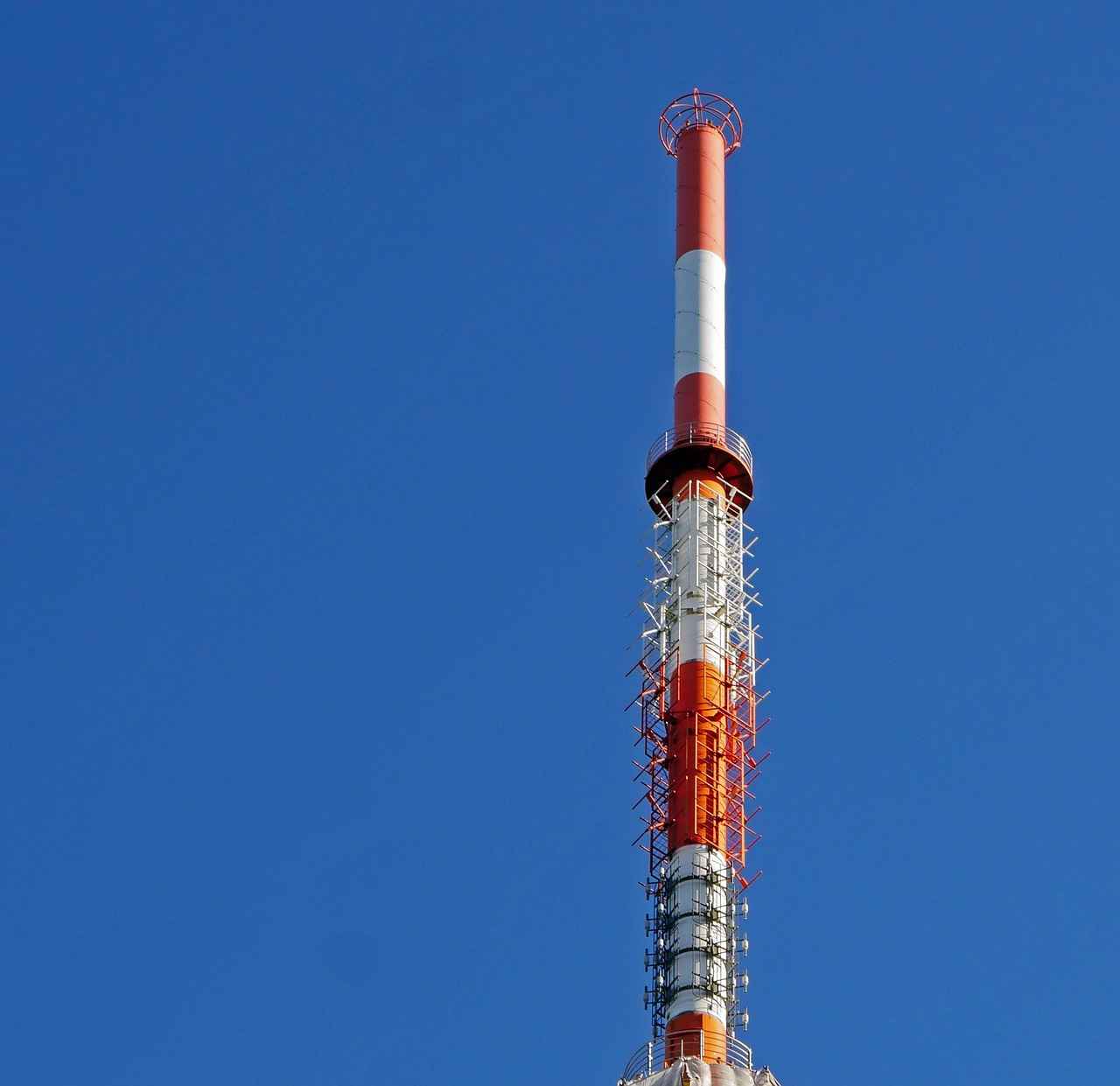
Dabi’s Role in My Hero Academia
Dabi, a prominent antagonist in My Hero Academia, plays a pivotal role that extends beyond mere villainy. His character serves as a lens through which the darker aspects of heroism and the complexities of familial relationships are explored. This article delves into Dabi’s motivations, his connections to the Todoroki family, and the broader implications of his actions within the narrative.
Understanding Dabi’s Motivations
- Dabi, originally known as Touya Todoroki, is driven by a desire for revenge against his father, Endeavor, and the expectations placed upon him.
- His actions are fueled by a profound sense of betrayal and abandonment, stemming from his childhood experiences.
- Through his journey, Dabi embodies the consequences of unresolved familial conflict and the quest for identity.
The Impact of Familial Relationships
The Todoroki family dynamics significantly shape Dabi’s character arc. His relationships with his siblings, especially Shoto, highlight the tension between familial loyalty and personal ambition. Dabi’s antagonism forces Shoto to confront the painful truths of their shared past, ultimately driving his own character development.
Dabi as a Catalyst for Change
Dabi’s presence in the series serves as a catalyst for exploring themes of redemption and self-acceptance. His actions challenge the notion of what it means to be a hero, prompting both characters and viewers to question the morality of their choices. This complexity adds depth to the narrative, illustrating how personal trauma can transform an individual’s path.
Conclusion: Dabi’s Legacy
In conclusion, Dabi’s role in My Hero Academia is integral to understanding the series’ exploration of family, identity, and the impact of personal choices. His character serves as a reminder that the lines between heroism and villainy can often blur, revealing the profound effects of trauma and expectations on an individual’s journey.
His Impact on Shoto Todoroki
Dabi’s presence in Shoto Todoroki’s life is not merely a plot device; it acts as a significant catalyst for Shoto’s growth. As a character who embodies the complexities of family dynamics, Dabi forces Shoto to confront not only his family’s tumultuous past but also his own identity as a hero.
Initially, Shoto struggles with the legacy of his father, Endeavor, and the expectations that come with being a Todoroki. Dabi, as the embodiment of the family’s dark history, serves as a constant reminder of the trauma and pain that has plagued their lineage. This confrontation is essential for Shoto, as it pushes him to reevaluate his understanding of heroism and what it means to be a Todoroki.
Through their interactions, Dabi challenges Shoto’s perceptions, urging him to question the ideals of heroism that he has been taught. This internal conflict compels Shoto to delve deeper into his own feelings of inadequacy and the burden of expectations placed upon him. As he grapples with these issues, Shoto begins to carve out his own identity, distinct from his father’s shadow.
Moreover, Dabi acts as a mirror reflecting Shoto’s potential path. While Shoto strives to be a noble hero, Dabi’s journey illustrates the consequences of unresolved trauma and the allure of revenge. This stark contrast highlights the choices Shoto must make, emphasizing the importance of personal agency in shaping one’s destiny.
In summary, Dabi’s impact on Shoto Todoroki is profound. He serves as both a challenge and a guide, forcing Shoto to confront his family’s dark past and ultimately leading him toward a more authentic understanding of himself as a hero.
Foreshadowing Future Conflicts
in My Hero Academia is a crucial aspect that adds depth to the overarching narrative, particularly concerning the Todoroki family. As the story progresses, the complexities of Dabi’s character and his connection to his family become increasingly significant, hinting at larger confrontations that may arise in the future.
Dabi, originally known as Touya Todoroki, embodies the darker side of the Todoroki legacy. His transformation from a hopeful child into a villain is not merely a personal journey; it serves as a reflection of the familial tensions that have long plagued the Todoroki household. As Dabi’s story unfolds, it becomes evident that unresolved conflicts within the family are set to escalate, potentially leading to catastrophic outcomes.
- Conflict with Endeavor: Dabi’s resentment towards his father, Endeavor, is palpable. This animosity is rooted in feelings of abandonment and the pressure to meet impossible expectations. Their eventual confrontation is likely to be a pivotal moment in the series, highlighting the consequences of parental neglect.
- Sibling Rivalry: The relationship between Dabi and his brother, Shoto, is fraught with tension. Shoto’s struggle to reconcile his family’s legacy with his own identity as a hero will be tested as Dabi’s motivations become clearer. This rivalry could lead to a dramatic clash that challenges Shoto’s beliefs and values.
- Impact on Other Heroes: Dabi’s actions are not confined to the Todoroki family; they ripple through the broader hero community. His revelations about the Todoroki family could undermine public trust in heroes, leading to widespread conflict between heroes and villains.
As the series progresses, the foreshadowing of these conflicts serves to build tension and anticipation among fans. The intricate web of relationships within the Todoroki family, coupled with Dabi’s quest for revenge, promises to create a dramatic narrative that explores themes of betrayal, redemption, and the quest for identity.
In conclusion, the ongoing storyline of Dabi not only enriches his character but also sets the stage for significant future conflicts within My Hero Academia. The complexities of the Todoroki family legacy will undoubtedly play a crucial role in shaping the series’ direction, making it a compelling aspect for fans to watch.

Thematic Elements of Dabi’s Story
Dabi, originally known as Touya Todoroki, embodies a complex narrative that delves into the intricacies of trauma, identity, and the quest for redemption. His journey serves as a powerful lens through which we can examine the profound effects of familial expectations and the struggle for self-acceptance.
Trauma and Its Consequences
The transformation from Touya to Dabi is not merely a physical change but a psychological metamorphosis shaped by deep-seated trauma. Growing up in the shadow of his father, Endeavor, who epitomized the ideals of heroism, Touya faced relentless pressure to meet expectations. This pressure manifested into a sense of inadequacy, ultimately leading him down a path of rebellion and vengeance.
The Search for Identity
Dabi’s narrative emphasizes the struggle for identity amidst chaos. His character arc illustrates how one’s upbringing and family history can significantly influence their choices, steering them toward either heroism or villainy. Dabi’s actions are not just those of a villain; they are a cry for recognition and understanding, reflecting his internal conflict and desire for acceptance.
Familial Ties and Redemption
The relationship Dabi shares with his siblings, particularly Shoto Todoroki, is laden with unresolved issues. This dynamic highlights the broader themes of family conflict and the possibility of redemption. Dabi’s presence in Shoto’s life serves as a catalyst for growth, forcing Shoto to confront the darker aspects of their family legacy and his own identity as a hero.
Conclusion: The Legacy of Dabi
Dabi’s story is a poignant exploration of the complexities within the Todoroki family. His journey encapsulates the struggle against the weight of expectations, the impact of trauma, and the search for self-acceptance. Ultimately, Dabi’s narrative serves as a powerful commentary on the consequences of familial relationships and the enduring quest for identity in a world filled with heroes and villains.
Trauma and Its Consequences
Dabi’s transformation from Touya Todoroki to the villainous figure he embodies today serves as a poignant reminder of the profound impact that trauma can have on an individual. This metamorphosis underscores the psychological toll inflicted by overwhelming familial pressure and societal expectations.
From a young age, Touya was thrust into a world where success was not just expected, but demanded. As the eldest son of Endeavor, Japan’s number one hero, he was constantly compared to his siblings, each of whom possessed unique abilities. This relentless competition fostered a deep sense of inadequacy within him, ultimately leading to his rebellion against the very ideals his family held dear.
The fire incident that marked the turning point in Touya’s life was not merely a tragic accident; it was a catastrophic event that symbolized the culmination of years of emotional neglect and pressure. This incident, which left him presumed dead, allowed him to shed his former identity and embrace the persona of Dabi, a name that would become synonymous with vengeance and chaos.
As Dabi, he channels his pain and anger into a quest for retribution against his father, Endeavor. This transformation highlights the theme of identity crisis that runs throughout the narrative of My Hero Academia. Dabi’s journey is not just about becoming a villain; it is an exploration of how trauma can distort one’s sense of self and lead to a path of destruction.
In examining Dabi’s character, we see how deeply intertwined personal history and family dynamics can shape an individual’s choices. His story serves as a cautionary tale, illustrating that unresolved trauma can manifest in harmful ways, affecting not only the individual but also their relationships with others.
Ultimately, Dabi’s narrative invites us to reflect on the complexities of family relationships and the far-reaching consequences of unmet expectations. It challenges us to consider how we can foster understanding and healing within our own families, rather than perpetuating cycles of pain.
The Search for Identity
is a theme that resonates deeply within the narrative of My Hero Academia, particularly through the character of Dabi. This complex journey reflects the struggle between personal desires and external expectations, illustrating how one’s identity can be shaped by both family history and individual experiences.
Dabi, originally known as Touya Todoroki, embodies the conflict of identity in a world where the lines between heroism and villainy are often blurred. His transformation into Dabi is not merely a change of name but a profound shift in identity, driven by the trauma of his childhood and the weight of family expectations. The pressure to succeed, especially as the son of Endeavor, a prominent hero, created a sense of inadequacy that ultimately pushed him toward a path of rebellion.
- Childhood Trauma: Dabi’s early experiences were marked by intense pressure to conform to his father’s high standards. This trauma not only shaped his view of himself but also influenced his relationships with his siblings.
- Family History: The Todoroki family’s legacy is a double-edged sword, providing both power and burden. Dabi’s struggle with his identity highlights the impact of familial expectations on personal choices.
- Quest for Acceptance: Throughout the series, Dabi seeks to carve out his identity, often in direct opposition to his family’s ideals. This quest illustrates the universal challenge of finding oneself amidst chaos.
The emotional turmoil that Dabi experiences is a poignant reminder of how identity is not merely a product of one’s choices but is also influenced by the environment and relationships one navigates. As he confronts his past and his connections to the Todoroki family, Dabi’s journey becomes a powerful exploration of redemption and the possibility of self-acceptance.
In conclusion, Dabi’s narrative in My Hero Academia serves as a compelling reflection on the search for identity. His path illustrates that the struggle for self-definition is often fraught with conflict, shaped by both personal experiences and the legacies we inherit.
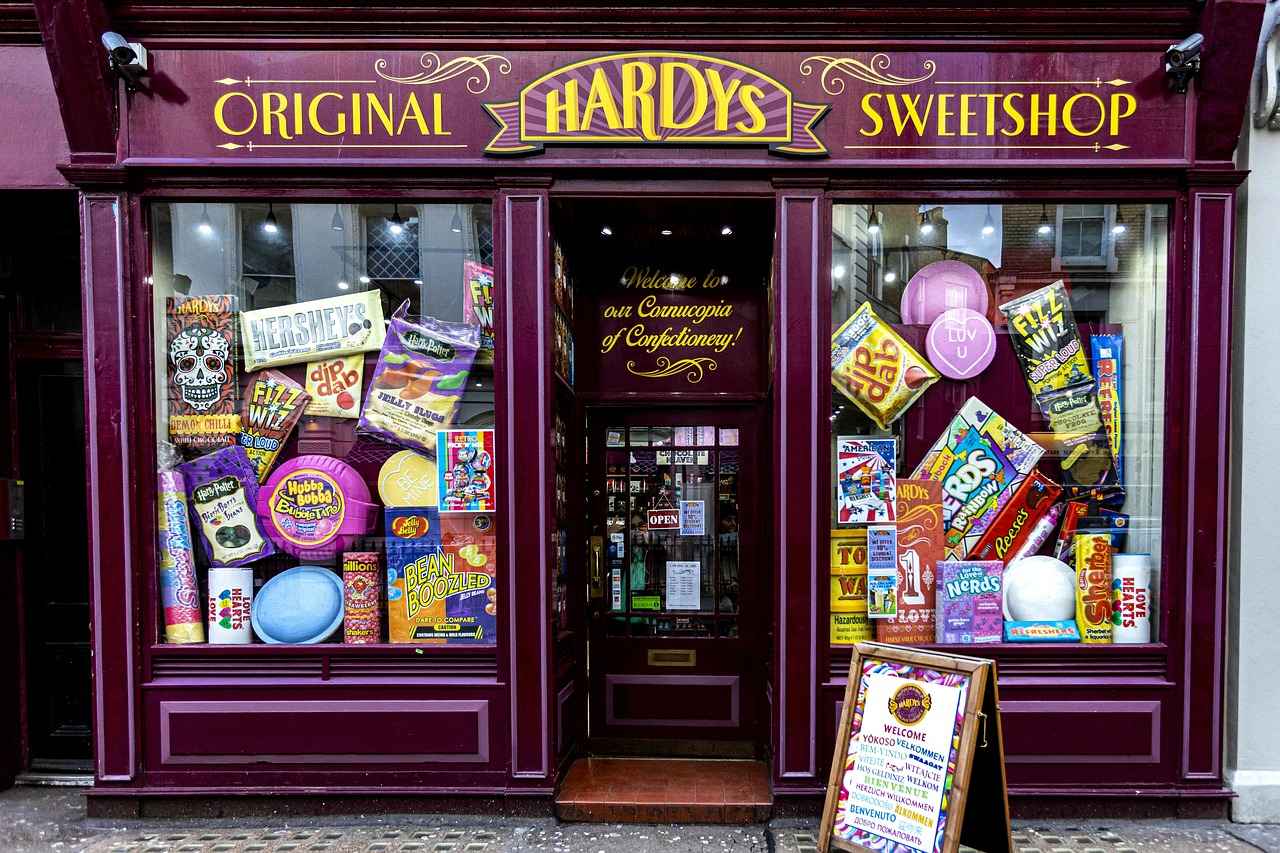
Conclusion: The Legacy of Dabi and the Todoroki Family
The Legacy of Dabi and the Todoroki Family is a complex narrative that encapsulates the essence of familial bonds, personal struggles, and the quest for identity within the universe of My Hero Academia. Dabi, once known as Touya Todoroki, represents the darker side of heroism and the profound impact of family expectations.
Throughout the series, Dabi’s character evolves from a misunderstood child to a formidable antagonist. His journey is marked by trauma and a relentless pursuit of revenge against his father, Endeavor. This conflict is not just personal; it reflects the broader themes of power, legacy, and the consequences of choices made in the name of ambition.
The Todoroki family, with its intricate dynamics, serves as a backdrop for Dabi’s transformation. Each member grapples with their own burdens, shaped by Endeavor’s relentless drive for success. Dabi’s relationship with his siblings, especially Shoto, is laden with tension and unresolved emotions, illustrating the complexities of sibling rivalry and the quest for acceptance.
Moreover, Dabi’s story is a poignant reminder of how familial expectations can lead to feelings of inadequacy and rebellion. The tragic fire incident, which was a turning point in his life, exemplifies the devastating consequences of these pressures. It not only altered his identity but also set him on a path that would ultimately lead to conflict with his family.
In conclusion, Dabi’s connection to the Todoroki family is a compelling narrative thread that explores the intricacies of family dynamics, the search for identity, and the repercussions of one’s choices. As the story unfolds, it becomes clear that understanding Dabi is essential to grasping the larger themes of My Hero Academia, making it a rich tapestry of heroism and villainy.
